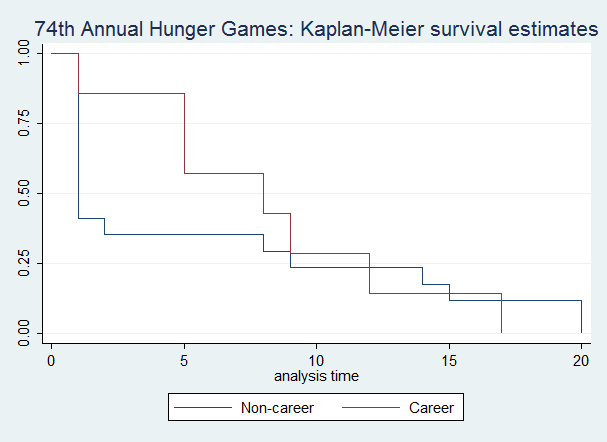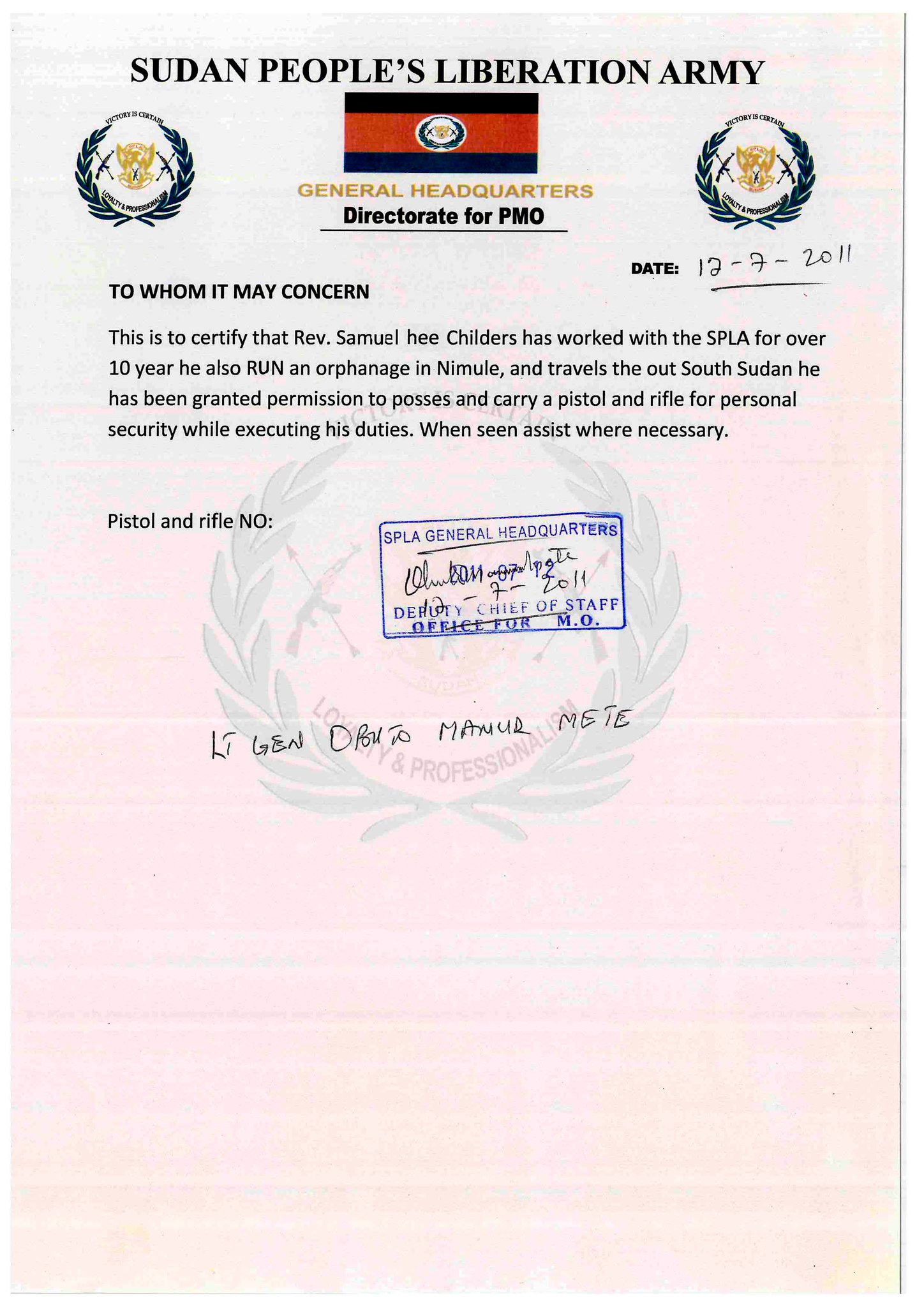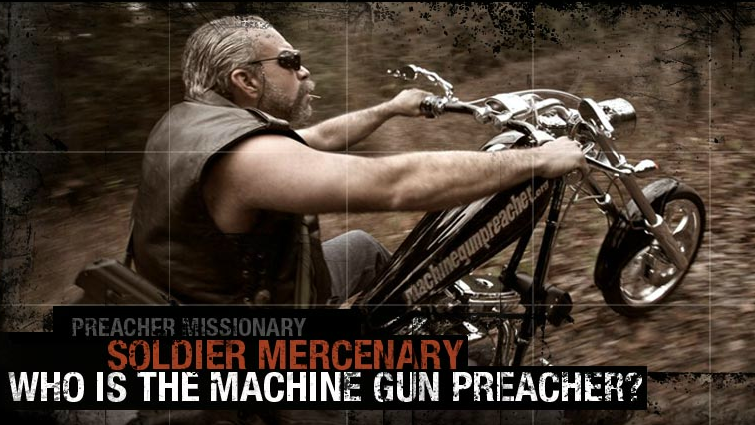[Admin note: this is the first of a new series of "Up to speed" posts which will draw together information on a subject that's either new to me or has been getting a lot of play lately in the press or in some corner of the blogosphere. The idea here is that folks who are experts on this particular subject might not find anything new; I'm synthesizing things for those who want to get up to speed.]
Microfoundations (Wikipedia) are quite important in modern macroeconomics. Modern macroeconomics really started with Keynes. His landmark General Theory of Employment, Interest and Money (published in 1936) set the stage for pretty much everything that has come since. Basically everything that came before Keynes couldn't explain the Great Depression -- or worse yet how the world might get out of it -- and Keynes' theories (rightly or wrongly) became popular because they addressed that central failing.
One major criticism was that modern macroeconomic models like Keynes' were top-down, only looking at aggregate totals of measures like output and investment. That may not seem too bad, but when you tried to break things down to the underlying individual behaviors that would add up to those aggregates, wacky stuff happens. At that point microeconomic models were much better fleshed out, and the micro models all started with individual rational actors maximizing their utility, assumptions that macroeconomists just couldn't get from breaking down their aggregate models.
The most influential criticism came from Robert Lucas, in what became known as the Lucas Critique (here's a PDF of his 1976 paper). Lucas basically argued that aggregate models weren't that helpful because they were only looking at surface-level parameters without understanding the underlying mechanisms. If something -- like the policy environment -- changes drastically then the old relationships that were observed in the aggregate data may no longer apply. An example from Wikipedia:
One important application of the critique is its implication that the historical negative correlation between inflation and unemployment, known as the Phillips Curve, could break down if the monetary authorities attempted to exploit it. Permanently raising inflation in hopes that this would permanently lower unemployment would eventually cause firms' inflation forecasts to rise, altering their employment decisions.
Economists responded by developing "micro-founded" macroeconomic models, ones that built up from the sum of microeconomic models. The most commonly used of these models is called, awkwardly, dynamic stochastic general equilibirum (DGSE). Much of my study time this semester involves learning the math behind this. What's the next step forward from DGSE? Are these models better than the old Keynesian models? How do we even define "better"? These are all hot topics in macro at the moment. There's been a recent spat in the economics blogosphere that illustrates this -- what follows are a few highlights.
Back in 2009 Paul Krugman (NYT columnist, Nobel winner, and Woodrow Wilson School professor) wrote an article titled "How Did Economists Get It So Wrong?" that included this paragraph:
As I see it, the economics profession went astray because economists, as a group, mistook beauty, clad in impressive-looking mathematics, for truth. Until the Great Depression, most economists clung to a vision of capitalism as a perfect or nearly perfect system. That vision wasn’t sustainable in the face of mass unemployment, but as memories of the Depression faded, economists fell back in love with the old, idealized vision of an economy in which rational individuals interact in perfect markets, this time gussied up with fancy equations. The renewed romance with the idealized market was, to be sure, partly a response to shifting political winds, partly a response to financial incentives. But while sabbaticals at the Hoover Institution and job opportunities on Wall Street are nothing to sneeze at, the central cause of the profession’s failure was the desire for an all-encompassing, intellectually elegant approach that also gave economists a chance to show off their mathematical prowess.
Last month Stephen Williamson wrote this:
[Because of the financial crisis] There was now a convenient excuse to wage war, but in this case a war on mainstream macroeconomics. But how can this make any sense? The George W era produced a political epiphany for Krugman, but how did that ever translate into a war on macroeconomists? You're right, it does not make any sense. The tools of modern macroeconomics are no more the tools of right-wingers than of left-wingers. These are not Republican tools, Libertarian tools, Democratic tools, or whatever.
A bit of a sidetrack, but this prompted Noah Smith to write a long post (that is generally more technical than I want to get in to here) defending the idea that modern macro models (like DSGE) are in fact ideologically biased, even if that's not their intent. Near the end:
So what this illustrates is that it's really hard to make a DSGE model with even a few sort-of semi-realistic features. As a result, it's really hard to make a DSGE model in which government policy plays a useful role in stabilizing the business cycle. By contrast, it's pretty easy to make a DSGE model in which government plays no useful role, and can only mess things up. So what ends up happening? You guessed it: a macro literature where most papers have only a very limited role for government.
In other words, a macro literature whose policy advice is heavily tilted toward the political preferences of conservatives.
Back on the main track, Simon Wren-Lewis, writing at Mainly Macro, comes to Krugman's defense, sort of, by saying that its conceivable that an aggregate model might actually be more defensible than a micro-founded one in certain circumstances.
This view [Krugman's view that aggregate models may still be useful] appears controversial. If the accepted way of doing macroeconomics in academic journals is to almost always use a ‘fancier optimisation’ model, how can something more ad hoc be more useful? Coupled with remarks like ‘the economics profession went astray because economists, as a group, mistook beauty, clad in impressive-looking mathematics, for truth’ (from the 2009 piece) this has got a lot of others, like Stephen Williamson, upset. [skipping several paragraphs]
But suppose there is in fact more than one valid microfoundation for a particular aggregate model. In other words, there is not just one, but perhaps a variety of particular worlds which would lead to this set of aggregate macro relationships....Furthermore, suppose that more than one of these particular worlds was a reasonable representation of reality... It would seem to me that in this case the aggregate model derived from these different worlds has some utility beyond just one of these microfounded models. It is robust to alternative microfoundations.
Back on the main track, Krugman followed up with an argument for why its OK to use both aggregate and microfounded models.
And here's Noah Smith writing again, "Why bother with microfoundations?"
Using wrong descriptions of how people behave may or may not yield aggregate relationships that really do describe the economy. But the presence of the incorrect microfoundations will not give the aggregate results a leg up over models that simply started with the aggregates....
When I look at the macro models that have been constructed since Lucas first published his critique in the 1970s, I see a whole bunch of microfoundations that would be rejected by any sort of empirical or experimental evidence (on the RBC side as well as the Neo-Keynesian side). In other words, I see a bunch of crappy models of individual human behavior being tossed into macro models. This has basically convinced me that the "microfounded" DSGE models we now use are only occasionally superior to aggregate-only models. Macroeconomists seem to have basically nodded in the direction of the Lucas critique and in the direction of microeconomics as a whole, and then done one of two things: either A) gone right on using aggregate models, while writing down some "microfoundations" to please journal editors, or B) drawn policy recommendations directly from incorrect models of individual behavior.
The most recent is from Krugman, wherein he says (basically) that models that make both small and big predictions should be judged more on the big than the small.
This is just a sampling, and likely a biased one as there are many who dismiss the criticism of microfoundations out of hand and thus aren't writing detailed responses. Either way, the microfoundations models are dominant in the macro literature now, and the macro-for-policy-folks class I'm taking at the moment focuses on micro-founded models (because they're "how modern macro is done").
So what to conclude? My general impression is that microeconomics is more heavily 'evolved' than macroeconomics. (You could say that in macro the generation times are much longer, and the DNA replication bits are dodgier, so evolving from something clearly wrong towards something clearly better is taking longer.)
Around the same time that micro was getting problematized by Kahneman and others who questioned the rational utility-maximizing nature of humans, thus launching behavioral economics revolution -- which tries to complicate micro theory with a bit of reality -- the macroeconomists were just getting around to incorporating the original microeconomic emphasis on rationality. Just how much micro will change in the next decades in response to the behavioral revolution is unclear, so expecting troglodytesque macro to have already figured this out is unrealistic.
A number of things are unclear to me: just how deep the dissatisfaction with the current models is, how broadly these critiques (vs. others from different directions) are endorsed, and what actually drives change in fields of inquiry. Looking back in another 30-40 years we might see this moment in time as a pivotal shift in the history of the development of macroeconomics -- or it may be a little hiccup that no one remembers at all. It's too soon to tell.
Updates: since writing this I've noticed several more additions to the discussion:








